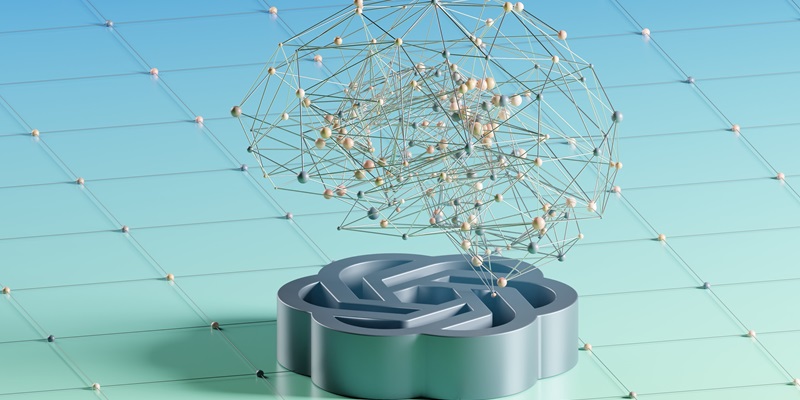In recent years, chatbot technology has rapidly advanced, transforming the way companies deliver customer service. Among the notable advancements, ChatGPT, an AI language model, has emerged as a revolutionary tool for chatbots and virtual assistants. With its enhanced natural language processing (NLP) capabilities, ChatGPT has enabled these AI-powered agents to understand and interpret human language more accurately than ever before. In the legal industry, where complex terminology and nuanced queries abound, the integration of ChatGPT holds immense promise.
ChatGPT’s Role in Natural Language Processing (NLP)
Natural Language Processing (NLP) is a crucial aspect of chatbot technology, as it enables these AI agents to comprehend and respond to user queries effectively. ChatGPT takes NLP to new heights, leveraging advanced algorithms and vast training data to enhance language understanding. By analyzing sentence structures, context, and intent, ChatGPT enables legal chatbots and virtual assistants to provide more relevant and accurate responses.
Handling Legal Jargon with ChatGPT
Legal terminology often poses a hurdle for clients seeking legal guidance. However, with ChatGPT, legal chatbots can now decipher complex legal jargon and provide explanations that clients can easily understand. By bridging the gap between legal language and layman’s terms, ChatGPT ensures that clients can access the information they need without feeling overwhelmed or confused.
Accuracy through Extensive Training Data
The remarkable accuracy of ChatGPT can be attributed to its training process. It utilizes vast amounts of data across different domains, including legal texts, to understand nuances and patterns in language. By scrutinizing and learning from this diverse dataset, ChatGPT becomes adept at providing precise and contextually appropriate responses.
Simultaneous Task Handling for Increased Efficiency
One of the notable features of ChatGPT is its ability to handle multiple tasks simultaneously. This capability greatly enhances the efficiency and productivity of legal chatbots and virtual assistants. Whether it’s answering client queries, scheduling appointments, or providing case updates, ChatGPT-powered agents can effortlessly undertake these tasks, ensuring a seamless customer experience and faster response times.
24/7 Customer Service with ChatGPT
With ChatGPT, legal firms can provide round-the-clock customer service, bolstering client satisfaction and trust. Chatbots and virtual assistants powered by ChatGPT are available at any time, eliminating the constraints of traditional office hours. Clients can access support, information, and guidance even outside normal working hours, leading to enhanced client loyalty and retention.
Limitations of ChatGPT
Despite its vast potential, ChatGPT does have limitations. One critical drawback is its lack of contextual understanding. While it excels at generating responses based on the immediate query, it may struggle to consider broader contextual elements. Therefore, there is a risk that ChatGPT-powered chatbots may provide generic responses that fail to address the specific circumstances of a legal case.
Limited Domain Knowledge of ChatGPT
While ChatGPT’s training is comprehensive, its domain knowledge is still limited. Although it can understand general legal terminology, specific nuances and intricacies of different legal scenarios may escape its comprehension. The importance of aligning chatbot responses with specific legal contexts cannot be overstated to safeguard against misinformation and inaccuracies.
Emotional Intelligence in the Legal Industry
Emotional intelligence plays a significant role in the legal field, where empathetic communication is essential. However, ChatGPT-powered chatbots and virtual assistants lack emotional intelligence. They may struggle to accurately gauge client emotions and respond appropriately in sensitive situations. While ChatGPT can provide factual information, it falls short in offering the human touch that emotional support requires.
ChatGPT has undoubtedly revolutionized chatbot technology, particularly in the legal industry. Its advanced NLP capabilities, enhanced understanding of legal jargon, and efficiency in multitasking have elevated the customer service experience. However, limitations such as the lack of contextual understanding, limited domain knowledge, and absence of emotional intelligence must be acknowledged. By understanding these limitations and exploring future developments, the legal industry can maximize the benefits of ChatGPT while ensuring the delivery of accurate and empathetic client interactions.

